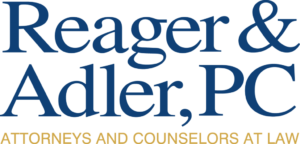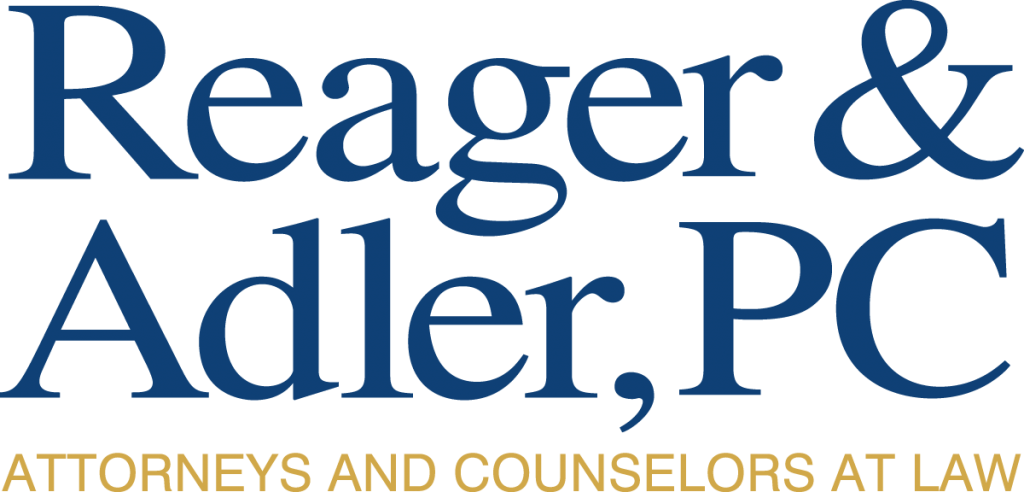 In a recent Pennsylvania Supreme Court decision, the Court has given the green light to employees to file certain retaliation claims with a state court under the Pennsylvania Whistleblower Law without first filing a charge or complaint with the Pennsylvania Human Relations Commission.
In a recent Pennsylvania Supreme Court decision, the Court has given the green light to employees to file certain retaliation claims with a state court under the Pennsylvania Whistleblower Law without first filing a charge or complaint with the Pennsylvania Human Relations Commission.
In its June 16, 2020 decision, the Pennsylvania Supreme Court acknowledged that, typically, the first stop for an employee alleging a violation of the Pennsylvania Human Relations Act is the Pennsylvania Human Relations Commission. The Pennsylvania Human Relations Commission is typically the required venue of first resort for employees alleging discrimination by their employers or for retaliation by their employers following the employees’ complaint of discrimination or retaliation with the Pennsylvania Human Relations Commission. In the case of Harrison v. Health Network Laboratories of Allentown, Ms. Harrison was terminated from her employment following her reporting of alleged discrimination of another employee. Health Network Laboratories responded that it properly terminated Harrison’s employment because she had used foul language at an after-hours banquet. Harrison’s attorneys alleged that Health Network Laboratories’ purported reason for Ms. Harrison’s termination was pretextual and that Ms. Harrison had an exemplary personnel record; and the real reason for her firing was her actions in intervening to deter the illegal threatening abusive discriminatory conduct suffered by her fellow employee.
When Ms. Harrison filed an action directly with the Court of Common Pleas, her attorneys filed but one count in the Complaint alleging a violation of the Whistleblower Law based on the alleged retaliation by Health Network Laboratories. Health Network Laboratories filed objections arguing that Harrison was not entitled to proceed directly to the Court of Common Pleas but instead was required to file an action under the Pennsylvania Human Relations Act with the Pennsylvania Human Relations Commission as a prerequisite to any court action.
The Court noted, while the Pennsylvania Human Relations Act protects employees from retaliation, the Pennsylvania Human Relations Commission is not the exclusive venue for an employee who has alleged retaliation by her employer for her “whistleblowing” of unlawful discriminatory acts against a co-employee. The Supreme Court ultimately upheld the decision of the Superior Court which had previously determined that the trial court erred by sustaining Health Network Laboratories’ objections dismissing Ms. Harrison’s Complaint. In so doing, the Court stated “we hold plaintiffs who are not themselves the victims of discrimination based on their own race, color, familial status, religious creed, ancestry, handicap or disability, age, sex or national origin, but who report discriminatory conduct made unlawful by the Pennsylvania Human Relations Act, may pursue a claim under the Whistleblower Law notwithstanding the viability of a claim under the PHRA for the same harm.”
 2331 Market Street
2331 Market Street
Camp Hill Pa. 17011
(717) 909-6948
contact@reageradlerpc.com

